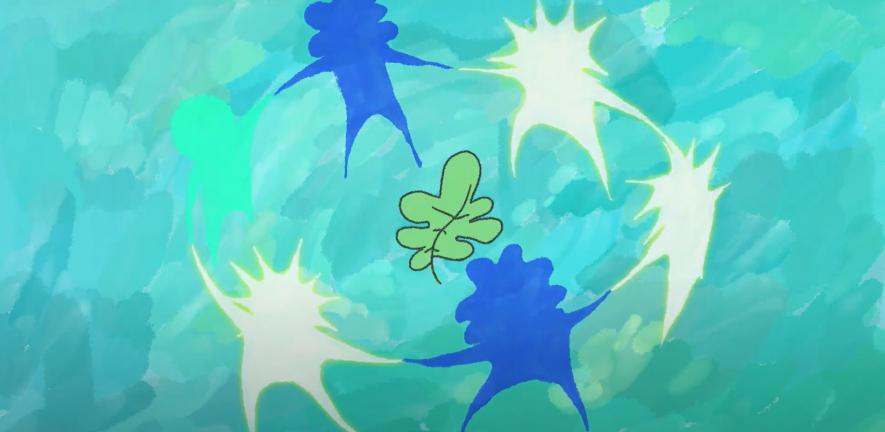
Q: What is the culture like in the group?
A: We're here because we love science, want to serve the community and tackle pressing problems, and aspire to grow into better thinkers/creatives/problem solvers. We also want to have fun along the way. Towards this, our core values are:
- Open, clear and respectful communication
- Intellectual rigour (aiming for excellence, not perfection)
- research integrity (accountability, honesty, fair credit)
- Intellectual curiosity and creativity (we like to ask questions and create things that no one else has)
- Sustainability (both for the environment and for one's health)
- Work/life balance (rest and play is important)
- Community, camaraderie, mentoring, collaboration, teaching (we look after each other)
- Everyone is different, and we celebrate this
- Cultivating growth mindset
- Achievements and mastery can be achieved through hard work and effort (not just from inherent talent)
- The willingness to learn from mistakes and find value in feedback (it's OK to make mistakes)
- The willingness to ask questions if not sure of something (it's OK to say you don't know)
- The willingness to seek out challenging tasks and take on risks (be courageous)
Q: Do you need to be already good at electrochemistry / biology / technique 'x' to enter the group? What if I've never touched electrodes or biological cells before?
A: Short answer: no. Our group is made up of all sorts of experts, from biologists, physicists, chemists to engineers. You do not need to be an expert already in a specific technique/field to be successful in our group, but it does help if you can already bring in some skill set that complements what we do. Typically we can train you in electrochemistry, microbiology, or electrode fabrication if you are a beginner. Since everyone brings in unique skill sets to the group, we have a flat hierarchy, there are no silly questions, and we are all helping each other to learn and push the frontiers of science. This is why having a growth mindset and a love for collaboration will be most useful when in our group.
Q: How does your group promote equity, diversity and inclusion?
A: We are always trying to educate ourselves and experiment with better practices. Jenny in particular is constantly thinking/reading/listening about this and co-creating with group members new ideas to try. We are very proud of our inclusive group culture, and celebrate the fact that success looks different for everyone and that personal growth is as important as achieving scientific goals. The group is made up of a community of kind proactive people who helps to run the Queer in Chemistry Network in the department, perform outreach to diverse communities, mentors students with minority backgrounds, organise Christmas gift appeals to economically deprived parts of the UK, and all sort of other things.
